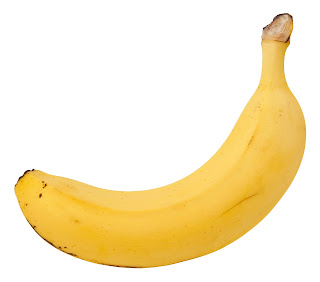When is an oath of secrecy not an oath of secrecy?
Some interesting thoughts on the recently-concluded conclave- and the news coverage thereof- over at Get Religion.
According to anonymous sources- who by definition had to be cardinals who had taken an oath of secrecy with regard to what went on in the conclave- the candidate I thought would win, Angelo Cardinal Scola, wasn't elected precisely for the reason that I thought he would be: he's Italian. Apparently the Vatican corruption scandal pretty much disqualied all the curial cardinals, and especially the Italians- even those like Cardinal Scola, who are generally regarded as reformers and "outsiders."
Rachel Zoll of the Associated Press put together a ballot-by-ballot account of the conclave based on interviews with cardinals she specifically named. Back in "the Year of the Three Popes-" 1978- two different conclaves had to be held when Pope John Paul I suddenly died a little over a month into his reign. American author and sociologist Fr. Andrew Greeley managed to come up with enough material from inside the two "secret" conclaves to come out with a book called- believe it or not- The Making of the Popes (he came out with a sequel- The Making of the Pope- in 2005).
Now, don't get me wrong. As I've said before (and as readers of this blog clearly realize), this Lutheran is fascinated by the process. I'm not complaining.
But it doesn't seem that that oath of secrecy makes the process all that secret, nicht wahr?
According to anonymous sources- who by definition had to be cardinals who had taken an oath of secrecy with regard to what went on in the conclave- the candidate I thought would win, Angelo Cardinal Scola, wasn't elected precisely for the reason that I thought he would be: he's Italian. Apparently the Vatican corruption scandal pretty much disqualied all the curial cardinals, and especially the Italians- even those like Cardinal Scola, who are generally regarded as reformers and "outsiders."
Rachel Zoll of the Associated Press put together a ballot-by-ballot account of the conclave based on interviews with cardinals she specifically named. Back in "the Year of the Three Popes-" 1978- two different conclaves had to be held when Pope John Paul I suddenly died a little over a month into his reign. American author and sociologist Fr. Andrew Greeley managed to come up with enough material from inside the two "secret" conclaves to come out with a book called- believe it or not- The Making of the Popes (he came out with a sequel- The Making of the Pope- in 2005).
Now, don't get me wrong. As I've said before (and as readers of this blog clearly realize), this Lutheran is fascinated by the process. I'm not complaining.
But it doesn't seem that that oath of secrecy makes the process all that secret, nicht wahr?



Comments